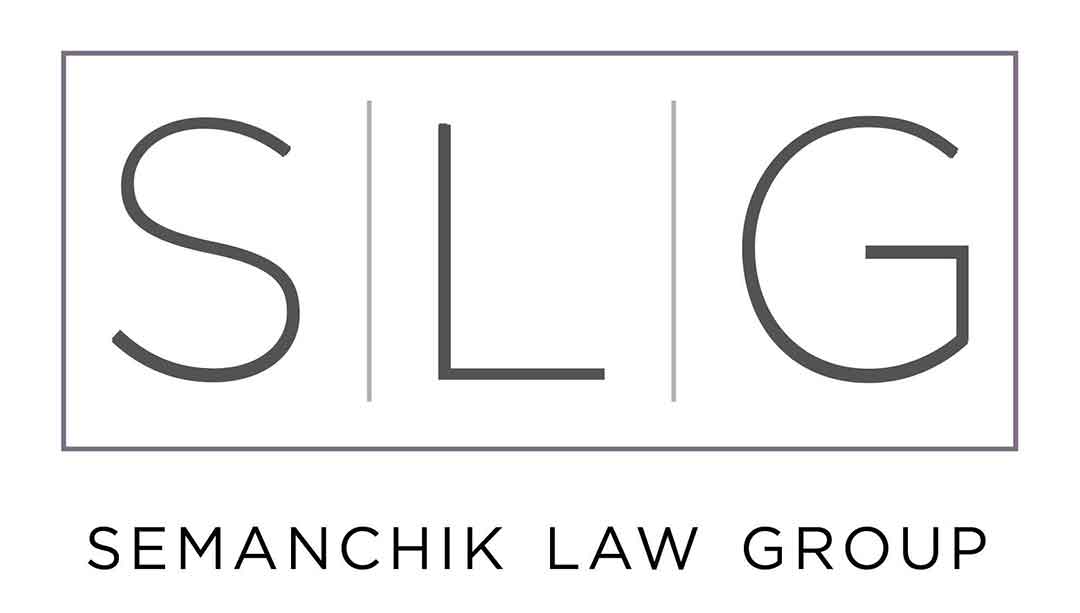In recent years, nonprofits in California and throughout the United States have begun paying closer attention to the identities of their donors. In many cases, they do this because they want to make sure that their organization is not accepting money from anyone whose political views or public persona do not align with those of the charity. In other instances, they do so because they do not want any individual donor to be able to exert undue financial influence on the nonprofit’s goals and operations.
Of course, if you run a charity, you are probably aware that avoiding the issue of controversial donors isn’t always easy. To fully address the problem, your nonprofit must take swift and decisive action. Fortunately, a San Diego nonprofit attorney from the Semanchik Law Group has put together the following tips to help you along the way:
Create Donation Caps
If you would like to prevent wealthy individuals from giving vast sums of money to your charity, and then trying to use their contribution to force you to change your core objectives, you can create and publish some donation caps. Depending on exactly how your organization is set up, it may make the most sense to set a simple flat cap on all donations. However, you can opt to set up a more complex system if necessary.
For instance, you may wish to create a cap that allows individuals to donate a certain amount and businesses a different amount. You can even set up exemptions for donations that are made through a deceased person’s estate. No matter what makes the most sense for you and your organization, your California charity lawyer should be able to arrange the details.
Maintain a List of Banned Donors
The easiest way to prevent your nonprofit from being associated with disreputable people or businesses is to set up and maintain a list of banned donors. If a party on this list attempts to donate to your organization, their gift should be returned to them as soon as possible.
In rare cases, it may make sense to sit down and create a list of individuals that you do not wish to accept donations from. However, for most charities, the most efficient and effective way to create a banned donor list is to state that they are unwilling to accept financial contributions from people who are associated with particular industries. If, for example, your nonprofit aims to tackle climate change, you may decide not to accept any donations from the oil or gas sector. (For an example of the oil and gas industry supporting both sides of the climate debate, see here.)
Place Restrictions on How Donations Can Be Used
If you do not wish to turn down contributions entirely, it is still possible to provide yourself with some protection from controversial donors by placing restrictions on how their money will be used. This plan could allow you to keep the donation without needing to worry about the giver pressuring you about its use.
When creating these restrictions, it is vital that you be upfront with the donors in question. This is particularly true if you intend to use the financial gift as part of an organizational goal that may run counter to the beliefs or business interests of the donor.
A California Charity Lawyer You Can Rely On
If you need a San Diego nonprofit attorney to help your organization better deal with the issue of controversial donors, you need to look no further than the team here at the Semanchik Law Group. We have been helping local charities with their operational needs for years, and we would be honored to do the same for you. Give us a call today at (619) 535-1811 to set up an initial consultation and learn more about our services.


